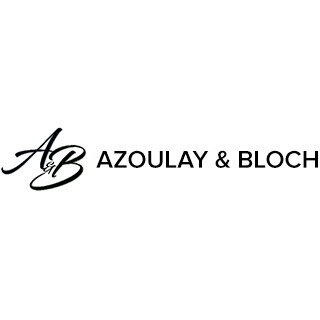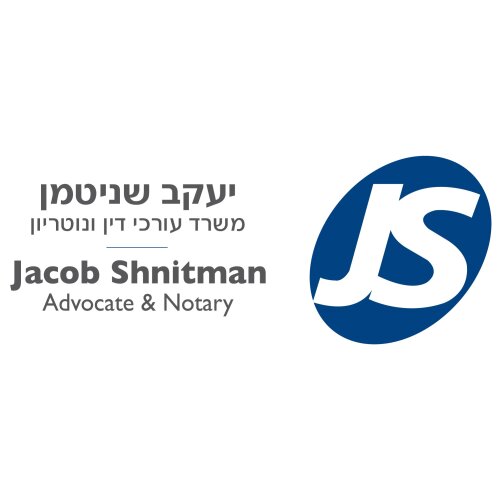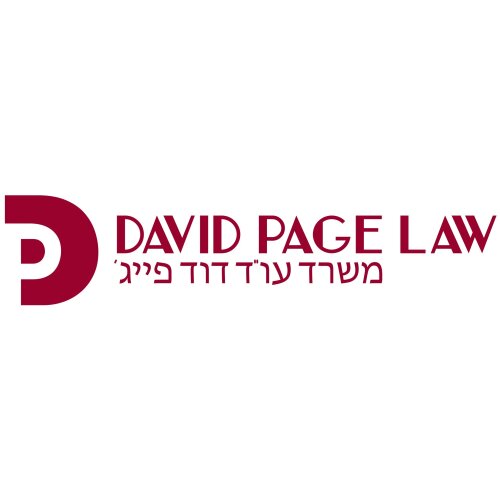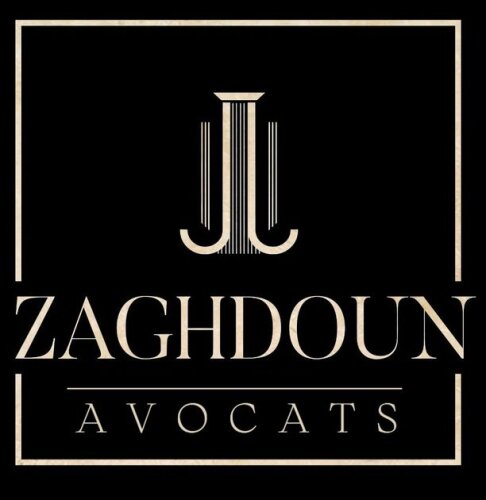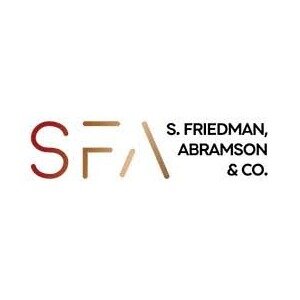Best Structured Finance Lawyers in Jerusalem
Share your needs with us, get contacted by law firms.
Free. Takes 2 min.
List of the best lawyers in Jerusalem, Israel
About Structured Finance Law in Jerusalem, Israel
Structured Finance refers to complex financial transactions designed to restructure or allocate financial risk. In Jerusalem, Israel, this area of law is central to facilitating innovative capital raising for corporations, financial institutions, and governmental bodies by pooling financial assets and issuing securities backed by those assets. Structured finance products, such as asset-backed securities (ABS), collateralized debt obligations (CDOs), and structured notes, have become essential to the Israeli financial market. The legal framework surrounding these transactions ensures compliance, proper risk management, and investor protection.
Why You May Need a Lawyer
Engaging in structured finance deals often requires navigating a web of complex regulations, drafting intricate contracts, and ensuring tax efficiency. Common situations where legal advice is essential include:
- Designing and structuring new financial instruments or products
- Navigating regulatory approval or compliance with Israeli authorities
- Drafting or reviewing securitization agreements and offering documents
- Cross-border structured finance transactions involving foreign investors
- Managing disputes or defaults involving structured finance instruments
- Addressing tax considerations and implications for various involved parties
- Advising banks, companies, or public entities on risk allocation in complex deals
- Ensuring transparency and fairness for investors and counterparties
A lawyer’s expertise is crucial not only for compliance but also for safeguarding your interests in these high-value transactions.
Local Laws Overview
Structured Finance in Jerusalem is governed by a combination of Israeli legal sources including securities laws, financial regulations, and directives from the Bank of Israel and the Israeli Securities Authority (ISA). Key aspects include:
- Securities Law, 1968: Covers public offerings, disclosures, and registration requirements for structured products and securitized assets.
- Israeli Securities Authority (ISA) Regulations: Regulatory oversight on the issuance, listing, and trading of structured finance instruments to ensure transparency and investor protections.
- Bank of Israel Guidelines: Specific requirements for banks and financial institutions on capital reserves, risk management, and reporting obligations for structured products.
- Taxation: Israeli tax laws and international treaties influence tax treatment for both issuers and investors in structured finance transactions.
- International Aspects: Cross-border transactions must comply with foreign regulations as well as local anti-money laundering and financial reporting standards.
Legal professionals in Jerusalem also need to keep abreast of recent reforms, interpretive guidance, and court decisions affecting structured finance practices.
Frequently Asked Questions
What is structured finance and how is it used in Israel?
Structured finance involves creating complex financial products that use pooled assets or cash flows to back securities. In Israel, it is used for raising capital, managing financial risk, and transferring assets off balance sheets.
Who typically participates in structured finance transactions in Jerusalem?
Participants include banks, insurance companies, pension funds, public entities, corporations, investors, and sometimes government authorities involved in capital markets.
Are there special regulations for structured finance in Israel?
Yes, the Israeli Securities Law and related regulations specifically address structured financial products, requiring disclosure, oversight, and often registration with authorities like the ISA.
Do I need regulatory approval for launching a structured finance product?
In most cases, yes. Approval or notification to the ISA or other regulators is necessary, especially for public offerings or listings.
What kinds of assets can be securitized in Israel?
Common assets include mortgages, commercial loans, receivables, leases, and other revenue-generating assets subject to regulatory review.
What legal risks should I consider with structured finance?
Risks include non-compliance with regulations, contractual disputes, tax liabilities, default risk, and reputational risks if transactions are not fully transparent or misunderstood by investors.
Can foreign investors participate in structured finance deals in Jerusalem?
Yes, but they must comply with Israeli laws and sometimes additional approvals or reporting requirements, especially concerning anti-money laundering and tax compliance.
How are these transactions taxed in Israel?
Tax treatment depends on the nature of the product and parties involved. Both issuers and investors may face income, capital gains, or withholding taxes, so expert legal and tax advice is needed.
What is the role of legal due diligence in structured finance?
Lawyers conduct due diligence to verify asset quality, legality, contract enforceability, compliance, proper disclosure, and risk assessment before the transaction progresses.
How do disputes in structured finance transactions get resolved in Israel?
Disputes may be settled through negotiation, mediation, arbitration, or litigation in Israeli courts depending on the contract terms and matters involved.
Additional Resources
If you need more information or assistance, consider contacting or consulting the following organizations:
- Israeli Securities Authority (ISA) - Oversees securities and structured finance regulation
- Bank of Israel - Supervises banking sector and issues pertinent guidelines
- Israel Bar Association - Provides legal professional directories and resources
- Jerusalem District Court - Handles civil and commercial disputes involving finance
- Foreign Embassies or Trade Offices - May provide guidance if international parties are involved
- Certified tax advisors and accountants experienced in capital markets
Next Steps
If you are considering or already involved in a structured finance transaction in Jerusalem, you should:
- Consult with an experienced structured finance or capital markets lawyer licensed in Israel
- Prepare all relevant documentation and financial records for review
- Discuss your goals, risks, and regulatory requirements with your legal advisor
- Ensure you fully understand your rights and obligations under Israeli law
- Follow your lawyer’s guidance on negotiations, disclosures, and compliance steps
- If necessary, reach out to the relevant regulatory bodies for clarification or pre-approval
Taking these steps can help protect your interests, ensure compliance, and maximize the benefits of structured finance transactions in Jerusalem.
Lawzana helps you find the best lawyers and law firms in Jerusalem through a curated and pre-screened list of qualified legal professionals. Our platform offers rankings and detailed profiles of attorneys and law firms, allowing you to compare based on practice areas, including Structured Finance, experience, and client feedback.
Each profile includes a description of the firm's areas of practice, client reviews, team members and partners, year of establishment, spoken languages, office locations, contact information, social media presence, and any published articles or resources. Most firms on our platform speak English and are experienced in both local and international legal matters.
Get a quote from top-rated law firms in Jerusalem, Israel — quickly, securely, and without unnecessary hassle.
Disclaimer:
The information provided on this page is for general informational purposes only and does not constitute legal advice. While we strive to ensure the accuracy and relevance of the content, legal information may change over time, and interpretations of the law can vary. You should always consult with a qualified legal professional for advice specific to your situation.
We disclaim all liability for actions taken or not taken based on the content of this page. If you believe any information is incorrect or outdated, please contact us, and we will review and update it where appropriate.




